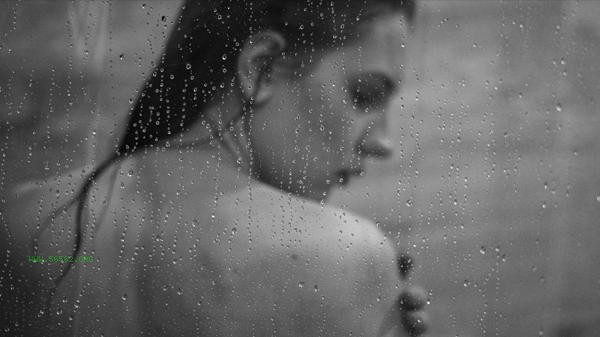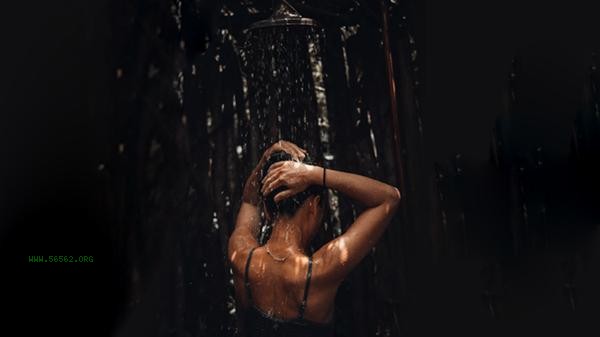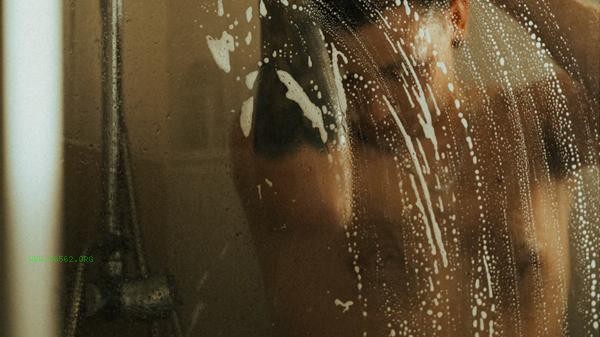Taking a shower after getting drunk usually cannot sober up and may also increase health risks. Alcohol metabolism mainly relies on liver breakdown, and bathing cannot accelerate this process. Taking a shower immediately after drinking alcohol may cause a sudden drop in blood pressure due to vasodilation, leading to dizziness or fainting. Hot baths can accelerate blood circulation and may exacerbate nausea in intoxicated individuals. Taking a cold shower may cause chills and increase the burden on the heart. After drinking alcohol, the body's balance ability decreases, and the risk of falling significantly increases in slippery environments. Some people mistakenly believe that taking a shower can eliminate alcohol through sweating, but in reality, the amount of alcohol excreted through sweat is negligible. After drinking alcohol, the body temperature regulation function is disrupted, and excessively cold or hot water temperatures can lead to body temperature imbalance. People with a history of cardiovascular disease should avoid taking showers after drinking to prevent triggering arrhythmia.

It is recommended to stay still and rest after getting drunk, and choose a lateral position to prevent vomiting and suffocation. Moderate consumption of honey water or fruit juice can supplement water and sugar, but avoid diuretic drinks such as strong tea or coffee. If severe symptoms such as persistent vomiting and blurred consciousness occur, seek medical attention immediately. Daily alcohol consumption should be controlled in moderation, avoiding drinking on an empty stomach and giving the liver sufficient metabolic time.










Comments (0)
Leave a Comment
No comments yet
Be the first to share your thoughts!